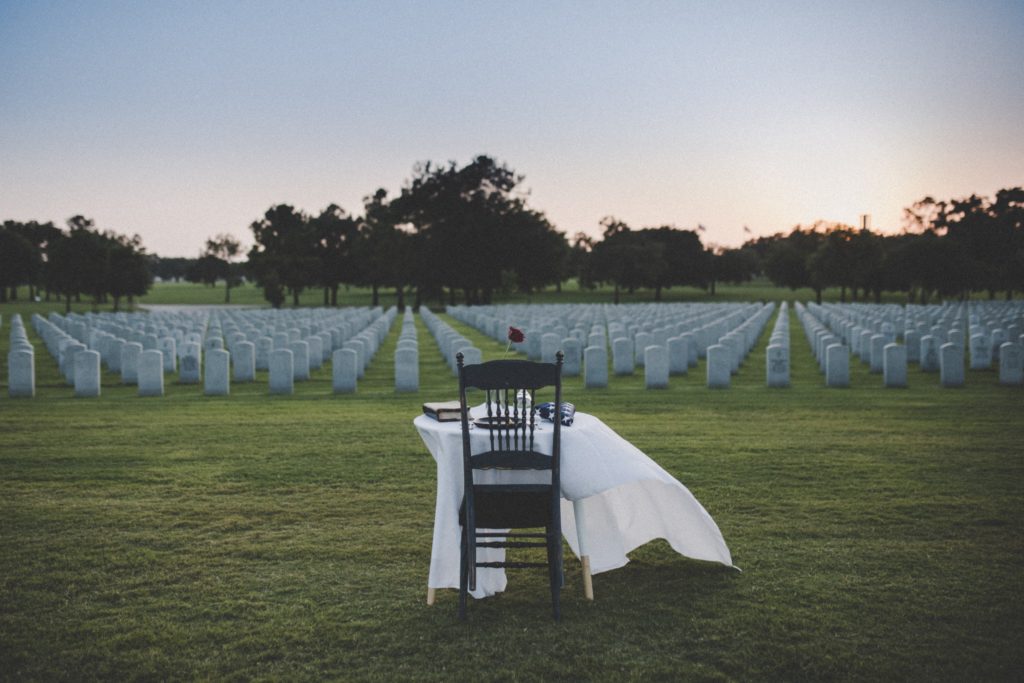
Part 1: Introduction | Part 2: Remembering
In one of Paul’s earliest epistles the Bible gives us a second way to care for our pastor:
12 But we request of you, brethren, that you appreciate those who diligently labor among you, and have charge over you in the Lord and give you instruction, 13 and that you esteem them very highly in love because of their work. Live in peace with one another (1Th 5.12-13).
Paul identifies the object of his readers’ action as doing three things:
- Diligently laboring among them;
- Having authority over them (literally, “standing before” them) in the Lord;
- Giving them instruction , or “admonishing” them.
With these descriptions he’s clearly referring to their pastors.
And how are his readers supposed to respond to this leadership?
- Appreciate them (literally, “know” or “recognize” them);
- Esteem or respect them;
- Live in peace with one another.
So we have three actions we’re to take.
I’d suggest that the first one is pretty much the same idea covered in the previous post—we’re to call these leaders to mind, to acknowledge that they should have our attention and care.
As the title of this post indicates, I think the meat of Paul’s admonition is in the second imperative: we’re to esteem them, respect them, hold them in high regard. The verb comes from a root meaning “to lead”; it’s to acknowledge the fact that the one being respected is indeed worthy of honor because he’s in a position of leadership.
And so I need to deal with a couple of issues here. The first is cultural. Most of my readers are Americans, and as we all know, we don’t have nobility in this country, and we don’t bow even to our president, because he works for us. We fought a war to get rid of a king, and we’ll do it again anytime we need to, bubba.
All true.
Americans are uncomfortable with a caste system, a sense of social distinctions. But for some Americans—and other people all around the world—that can lead to a rejection of all authority whatsoever, and that’s a profoundly unbiblical view.
I’ll observe that the strongest adherents of such a view don’t really live as they profess. Here in America, we have our nobility; they’re just not kings. They’re performance artists, athletes, and other cultural icons. Some of them we esteem for worthwhile reasons; there’s no doubt that Michael Jordan was a talented basketball player, and he got that way by hard work and discipline, which are commendable qualities. There’s no doubt that Dustin Hoffman is a talented actor, and he too got that way by exercising commendable qualities. Some cultural heroes, I wonder what they’ve ever done to deserve the kind of ludicrous adulation our society bathes them in. And here, out of politeness, I’m not going to give specific examples.
But the examples I’ve given, though commendable, in the end are primarily entertainers—they perform a cultural service, and a significant one, but there are many other contributors to our society who are at least as worthy of appreciation, if not moreso.
And in the biblical worldview, eternal consequences far outweigh passing, temporal ones. Those who tend to our spiritual health should be at the top of the list for esteem.
The second issue comes from the text of the passage itself. We’ve all at least heard of pastors who seem not to be measuring up to Paul’s description. What about them?
Well, every pastor is imperfect—as is every congregant—and some are further from the standard than others. If a man is unqualified (1Ti 3.2-7; Ti 1.5-9), then he ought to be sent on his way.
But if he’s doing the job, however imperfectly, the effectiveness he’s having should be recognized and respected. We ought to esteem him because of his work.
There are lots of ways we can show our respect; use your imagination on that score. But Paul mentions one in particular: Live in peace with one another.
As my list above indicates, I don’t think that closing sentence is just tacked on; I think in Paul’s mind it follows naturally from what he’s just said.
Get along, ya boneheads. :-)
When the pastor doesn’t have to spend his time herding cats, he’ll have more time to devote to his other duties. And who knows, you might be helping him do a better job, which benefits you and everybody else.
Part 4: Hearing | Part 5: Obeying | Part 6: Rewarding | Part 7: Praying for More
Photo by Francesco Ungaro on Unsplash


